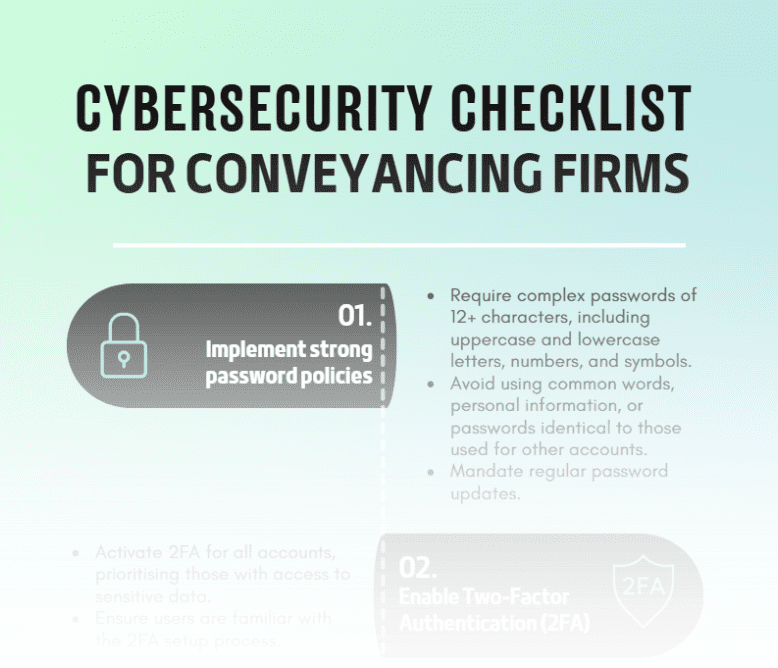In today’s competitive conveyancing landscape, building a strong company culture is essential for attracting and retaining top talent, fostering employee engagement, and driving high-performance business success.
A positive and inclusive company culture not only boosts employee morale but also impacts overall productivity and performance. The following explores four key principles and practices to help you build a strong company culture.
What is company culture?
Company culture refers to the shared values, beliefs, attitudes, and behaviours that characterise an organisation. It encompasses the collective personality of a company and influences how employees interact with each other, approach their work, and perceive the organisation’s mission and goals.
Read our guide to learn how you can improve your company culture.
1. Establish core values
While company culture can be an important ingredient to productivity, mutual respect, and overall employment enjoyment, at its core, your company should define its mission or its ‘why’ strategy. These in other words, are called the core values. These values will help guide and shape your business’ identity and communication with all stakeholders. It’s important to know your core values as a business, so any new employee can help create a sense of purpose and unity in the overall business goals.
2. Lead by example
This may be a saying heard by the masses, but it’s one that holds true for the company culture. The business’ success starts at the top, and if leadership is shown to be illustrating the company’s core values, it is often embraced by throughout the organisation. When leaders set a positive example, it establishes a strong foundation for a healthy and vibrant company culture.
3. Effective communication
To encourage the collaboration and growth of your overall business’ culture, promoting effective communication will play a key role. Good communication throughout your conveyancing practice can lead to improved teamwork and efficiency, mitigate conflicts by reducing the chances of a misunderstanding, and provide emotional support for every team member.
One especially effective communication technique is active listening. This involves giving your clients undivided attention, actively listening to their concerns, and addressing their questions promptly. Doing this demonstrates commitment to their needs and fosters a strong client-agent relationship which is essential in growing the business’ reputation and improved chance of referral.
4. Transparency and celebration of achievements
Be transparent with your clients about the intricacies of the deal, including potential risks and challenges. Honesty fosters trust and helps manage client expectations throughout the process.
Within the conveyancing process, being transparent at the beginning of the workflow, explaining what methods you use to conduct the conveyance, and what they should expect, can go a long way to preparing expectations and understanding.
Celebrating individual and team success is also a great solution for improving productivity and motivation in the workplace. Often, this is most successful when done in a group or company-wide setting. For example, praising someone’s good feedback in a company video conference call, or forwarding an email of customer praise about an employee to the entire team. These successes encourage a culture of appreciation and recognition. Small gestures of recognition can go a long way in fostering a sense of belonging and loyalty.
Building a strong company culture requires intentional effort and a commitment to building core values, showing leadership, and providing honest, transparent communication and praise throughout the practice. Having the formula of implementing these strategies effectively can create a positive and thriving work environment to help you achieve positive business outcomes.
For more conveyancing tips and business insights, subscribe to The Australian Conveyancer newsletter.






